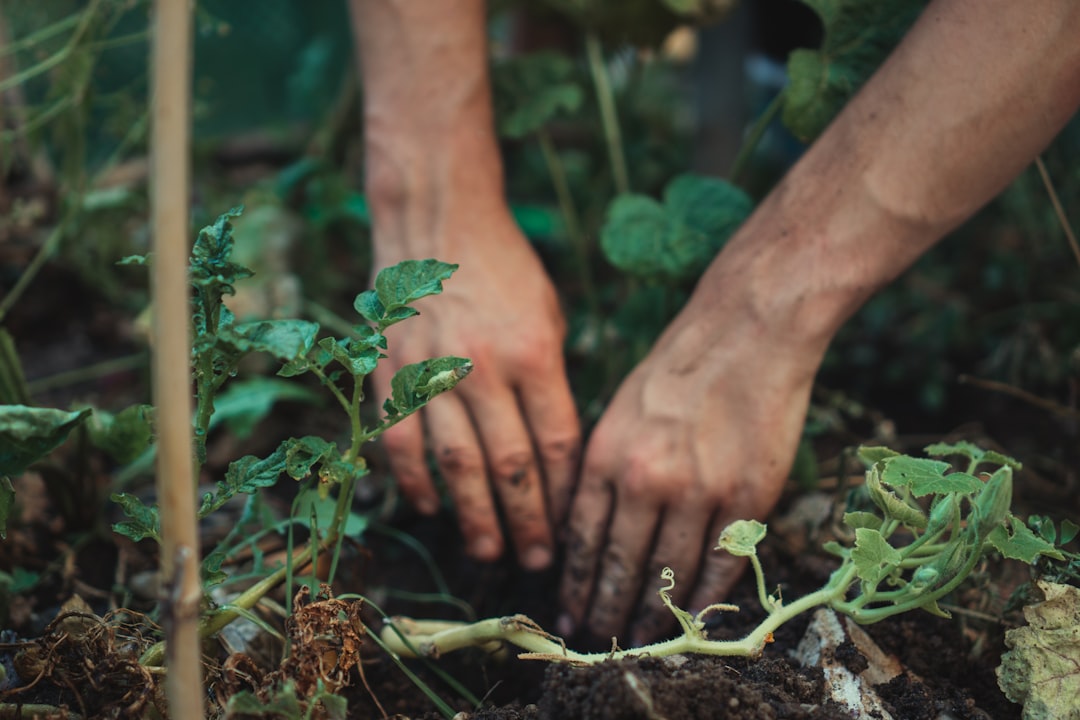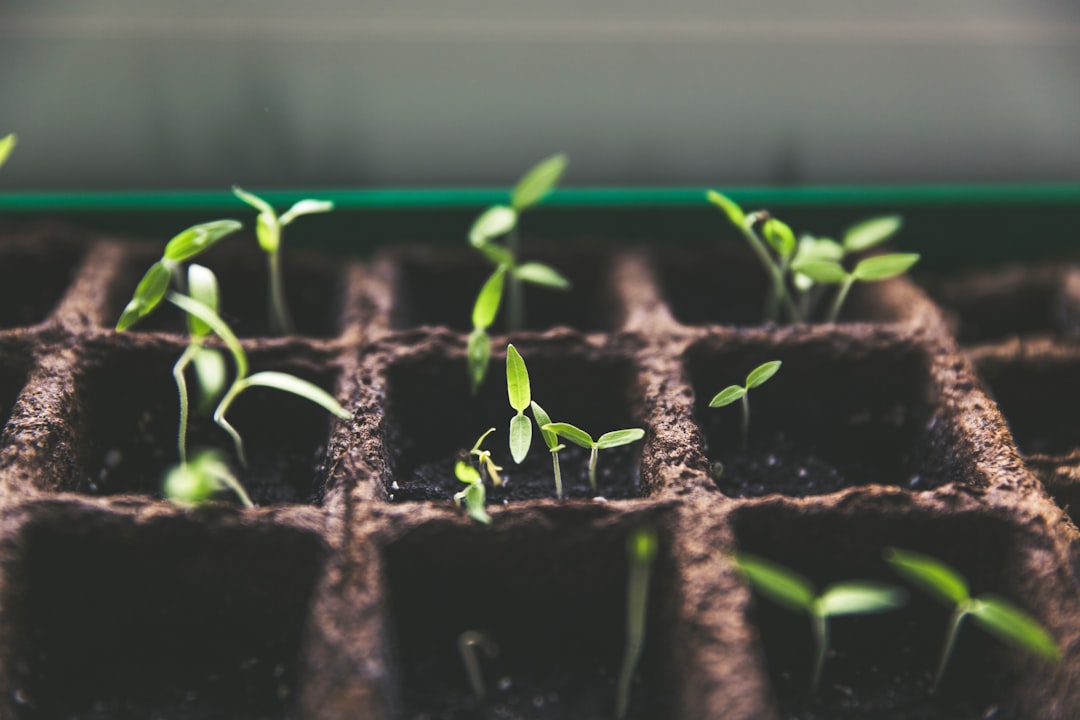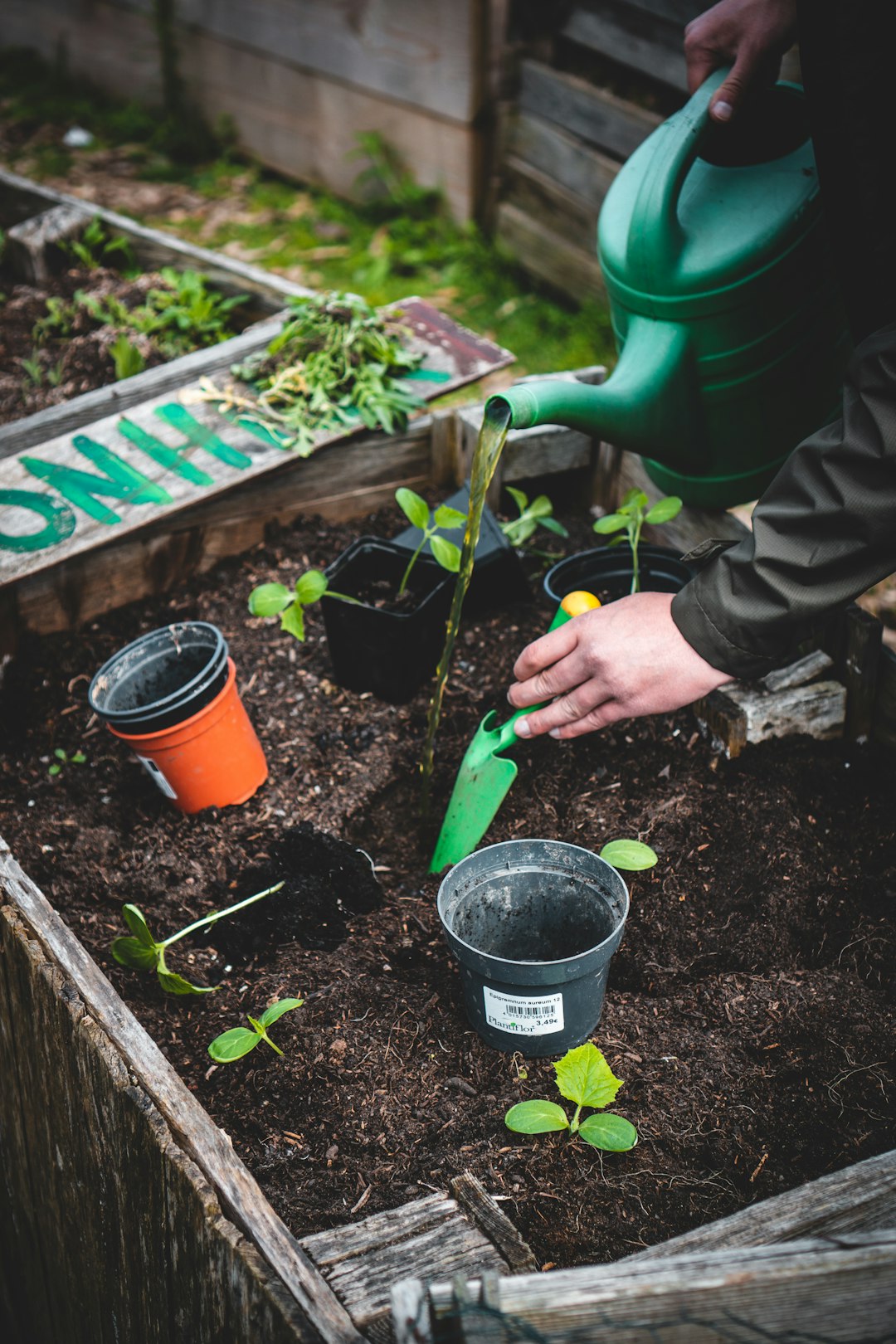
The prepping lifestyle has a reviving interest in herbal medicine. Picture stepping into your garden and discovering an all-natural drugstore of remedies, all set to support your survival plans. Whether you’re just dipping your toes into medicinal plants or are a seasoned pro, knowing how to use herbs for survival is both empowering and essential. Whether soothing a headache with peppermint or treating burns with aloe vera, these natural wonders are a goldmine of benefits. While this is a huge topic, let me introduce you to the basics of growing and using herbs as medicine and show you how these potent allies can revolutionize your approach to health and well-being. Dive deeper into herbal remedies with this guide.
Understanding Herbal Medicine
Herbal medicine’s a big part of the prepping lifestyle, bringing in natural remedies that’ve stood the test of time. By getting the hang of these practices, you can weave them into your daily routine to boost your health and readiness.
The Role in Prepping Lifestyle
Herbal medicine fits perfectly into the prepping lifestyle because it encourages self-sufficiency and resilience. In times of crisis, access to conventional medicine may be limited, making natural remedies a crucial alternative. Herbs can be grown in your backyard, offering a sustainable source of health and wellness.
Increased Independence: By growing and using medicinal plants, preppers can reduce their reliance on pharmaceuticals.
Sustainability: Herbal medicine supports eco-friendly practices, aligning with the values of many preppers.
Cost-Effectiveness: It can also be more affordable than traditional medicine, especially when sourced from your garden.
For those curious about how to integrate these practices, consider exploring resources like this YouTube guide (I love Nancy’s Nest – I recommend subscribing to her).
Benefits of Natural Remedies
Natural remedies offer a range of health benefits that are often overlooked. Unlike synthetic drugs, herbs typically have fewer side effects and can support long-term health when used correctly.
Antioxidant Properties: Many herbs are rich in antioxidants, which help combat oxidative stress in the body and promote cellular health.
Immune Support: Certain plants, like echinacea and elderberry, are known for their ability to strengthen the immune system, providing a natural defense against illnesses.
Digestive Aid: Herbs like ginger and peppermint can help soothe digestive issues.
Pain Relief: Willow bark and turmeric have natural anti-inflammatory properties, offering pain relief without harsh chemicals.
Learn more about the benefits of medicinal plants with this informative article.
Essential Medicinal Plants
Knowing which medicinal plants to grow is essential for anyone interested in herbal medicine. Some herbs stand out for their versatility and effectiveness, making them must-haves for any herbal apothecary.

Top Herbs for Survival
When it comes to herbs for survival, here are a few key plants that provide a broad spectrum of benefits. These herbs are easy to grow and have multiple uses, making them valuable assets in any prepping scenario.
Aloe Vera: Known for its soothing properties, it’s excellent for treating burns and skin irritations. Some also use it to aid with digestion issues.
Lavender: Not only does it smell wonderful, but it also aids in relaxation and stress relief.
Peppermint: Ideal for digestive issues and headaches.
Echinacea: Boosts the immune system and reduces the severity and length of a cold or flu.
Marshmallow (root): No, not the candy, though it is where it comes from! The thick, slippery liquid created by adding the dried herb to water helps soothe coughs and as a skin salve.
Note that while herbs may not have the side effects of known medications, they can still be harmful. Be sure to check for any interactions a particular herb may have with any conditions or medication you currently take. For example, Marshmallow may lower blood sugar levels, which is crucial to know if you have diabetes. For a comprehensive list of essential herbs, check out the Ultimate Medicinal Herb Collection.
Boosting Organic Health with Plants
Incorporating medicinal plants into your daily routine can significantly boost your organic health. These plants support wellness without the need for synthetic supplements.
Nutrient-Rich: Many herbs contain essential vitamins and minerals, contributing to a balanced diet.
Detoxifying Effects: Herbs like dandelion and milk thistle help cleanse the liver and support detoxification processes.
Holistic Approach: Using plants for health fosters a holistic approach, considering the body, mind, and spirit.
Preventative Care: Regular use of herbs can help prevent common ailments, reducing the need for medical interventions.
Preparing Your Herbal Apothecary
Creating your herbal apothecary is a fulfilling step towards self-sufficiency. With the right preparation, you can ensure you always have access to natural remedies, regardless of the situation. Herbs are generally easy to grow; if you have just started with gardening, check out an earlier article of mine here.
Basics of Herbal Preparation
Understanding the basics of herbal preparation is key to effectively utilizing medicinal plants. There are several simple methods for preparing herbs, each suited to different uses. Have in mind the purpose of the herb, so you create the right version of it for your needs.
Infusions: Steeping herbs in hot water to extract beneficial compounds, much like making tea.
Tinctures: Using alcohol or vinegar to concentrate the active ingredients of herbs.
Salves: Combining herbs with oils and waxes to create topical treatments.
Additionally, drying and storing herbs properly ensures they retain their potency. For step-by-step guidance, refer to trusted online resources or books by established professionals.
Steps to Self-Sufficiency in Health
Achieving self-sufficiency in health through herbal medicine requires dedication and knowledge. Here are steps to get you started:
Educate Yourself: Learn about different herbs and their uses. Books and online courses can be invaluable.
Decide which herbs you want to grow based on your needs.
Start a Herb Garden: Plant a variety of medicinal herbs to ensure a steady supply.
Practice Preparation: Experiment with different preparation methods to find what works best for you.
Stay Informed: Continuously update your knowledge as new information becomes available.
Connect with Others: Join herbal medicine communities to share experiences and advice.
Anytime you can address a need effectively without relying on an outside supply, the more self-sufficient you will be. You will build confidence knowing that you can provide for care and comfort for yourself and your family when the need arises.



